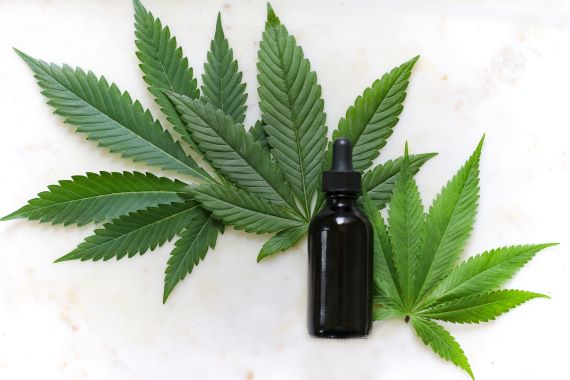Cannabis Safety and Compliance Mistakes You Could be Making
As new states legalize cannabis and the industry’s growth continues to accelerate, federal legalization appears closer than ever. For that reason, cannabis operators must ensure their adherence to state regulatory compliance requirements and take steps to prepare for federal government oversight from agencies like the Food and Drug Administration (FDA) and Occupational Safety and Health Administration (OSHA).
When preparing for an audit, most operators focus on the most obvious compliance measures such as:
- Product packaging & labeling
- Test result administration
- License status/renewals
- Product/ingredients
- Seed-to-sale inventory tracking
- Basic recordkeeping
With the momentum of widespread cannabis legalization we see today, preparation helps you keep plants healthy and ensures a high standard of product quality, effectiveness, and safety. Whether administered by a state or federal agency, an audit is a priority event that can bring significant anxiety– but not if you’ve prepared.
Take a look at the following easily overlooked compliance mistakes that too many cannabis operators make and be sure you’re not making them too.
Not Conducting Proper Internal Audits
Of critical importance is having an established internal audit process. By auditing internally, you get insight into your policies and procedures while confirming the internal controls you’ve implemented adhere to relevant cannabis laws or regulations before a regulator ever steps foot on the property.
Whether your internal auditor is an individual or team, they should use an audit checklist to find compliance gaps to be noted, evaluated, corrected, or closed out.
Not Having a Traceability Plan
Traceability has become an important concern within cannabis supply chains in order to ensure safe and high-quality cannabis products. Cannabis traceability provides supply chain visibility and risk reduction while tracking quality control from seed to sale.
Because the process can be quite complex, many cannabis operators turn to automation technology to collect and manage all the data required for compliant traceability processes. States are increasingly requiring cannabis companies to report to systems like Metrc, which uses RFID tags for cannabis tracking. It’s important to note that Metrc focuses on the chain of custody but doesn’t address quality and safety.
Not Having Management and Team Commitment
A top-down commitment is required to prepare for a regulatory audit, including the investment of people, equipment, money, time, and other resources. The management’s commitment is especially critical because it’s easy for auditors to spot a lack of management buy-in and often has a dedicated segment within a compliance audit.
Appropriate cannabis compliance and cannabis safety training is vital. You should include any training required by the state but also safety training outlined by OSHA, which much of the industry is not doing yet. Showing that you prioritize compliance and safety, even where not required, will go a long way in illustrating your commitment to laws and safety.
Assuming Supply Chain Partners are 100% Compliant
You should stay up to date on the compliance/noncompliance of your supply chain partners. Assuming they are 100% compliant is a mistake because compliance issues can compound until they become impossible to manage. Since the licensee is the only entity considered culpable by the regulatory agencies, noncompliance of supply chain partners can hurt a cannabis operator in various ways. Most states clearly convey that licensees are responsible for their contracted third-parties whether they touch any marijuana or not.
Package and label providers, security contractors, marketing agencies, waste disposal companies, and other materials providers who run afoul of regulations can put you, the licensed entity, at risk.
Not Preparing for the Surprise Inspection
Even though cannabis is still federally prohibited, a disgruntled employee, foodborne illness or on-the-job injury could lead to a visit from the FDA or OSHA. The FDA regulates food and food additives and OSHA has authority over organizations staffing ten or more workers. Cannabis operators must maintain food traceability and keep “accurate and complete records of work-related injuries and illnesses.” Among the common hazards include slips, trips, and falls caused by wet floors or injuries from unsecured supplies and equipment such as chemicals, ladders, and sharp objects. Remember to document everything.
Don’t forget, auditors commonly interview staff members, so ensure your employees have proper training that prepares them for answering compliance questions. Consider hiring an unbiased, third-party consultant to run mock audits of operations using the state regulatory agency, FDA, or OSHA processes.
As a cannabis licensee, noncompliance affects you the most so don’t make these mistakes. At c2btek, we work closely with cannabis companies to ensure compliance with regulatory guidelines. Contact us if you need to develop and assess your cannabis compliance program.
Cannabis manufacturers know their success or failure depends on maintaining strict adherence to the law, even in an increasingly crowded and ever-changing environment. Everything is mandated, from manufacturing and growing processes to packaging requirements and banking restrictions, so compliance cannot be a gamble. Non-compliance fines are too hefty so operators rely on technology to address the evolving regulations which govern everything they do.







